Mi-Sex
At the time derided, dissed and dismissed more than possibly any other NZ rock band (except for Mother Goose or The Feelers, maybe), Mi-Sex were oft-regarded as not authentic, or cool, or credible. But to our history, they are very significant.
Burning Up (Live 1980)
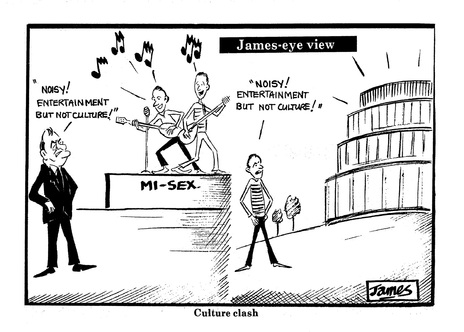
James Lynch cartoon from the Taranaki Daily News, 23 June 1980
Photo credit:
Taranaki Daily News 23 June 1980 http://natlib.govt.nz/records/30661166
Radio With Pictures - My Kind of Town - 1981 documentary directed by Simon Morris, featuring interviews with Kevin Stanton of Mi-Sex, Dragon’s Marc Hunter, producer Peter Dawkins, Sharon O’Neill, future Warratahs Barry Saunders and Nick Theobald during their time as the Tigers, and Dave McArtney.
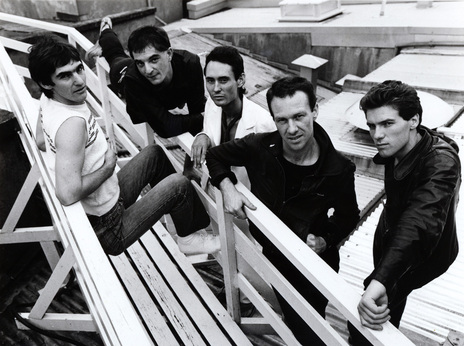
Mi-Sex 1979
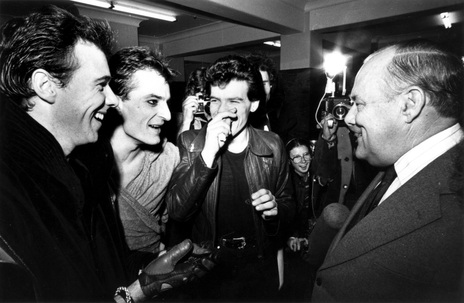
Robert Muldoon talking with Mi-Sex. Photographed by a Dominion staff photographer in 1980
Photo credit:
Alexander Turnbull Library, Wellington, New Zealand. http://natlib.govt.nz/records/22857279
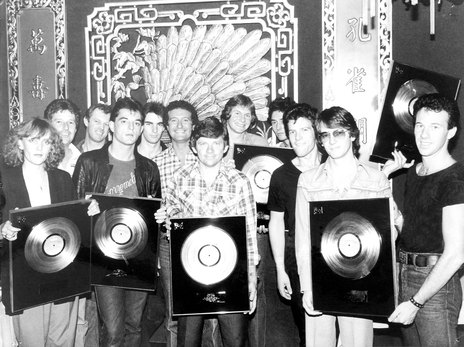
Gold discs from CBS Australia for the debut Mi-Sex album, 1979. Producer Peter Dawkins is second from right.
Blue Day
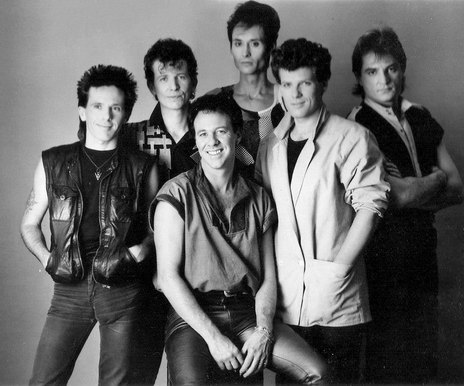
Mi-Sex circa 1980
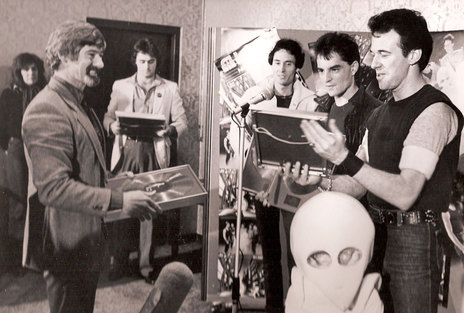
More gold discs for Space Race - it was a number 1 album in NZ and here CBS boss John McCready presents awards. Future CBS boss Murray Thom is in the background
Photo credit:
John McCready Collection
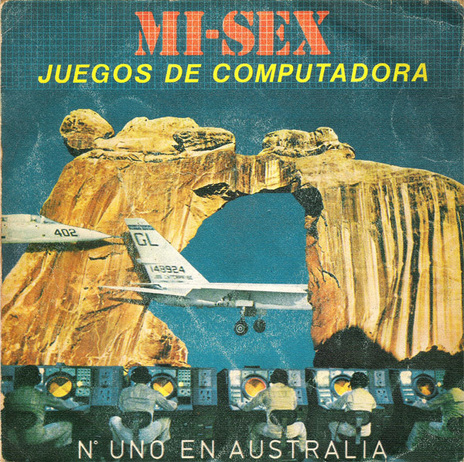
Spanish sleeve for Computer Games, 1979
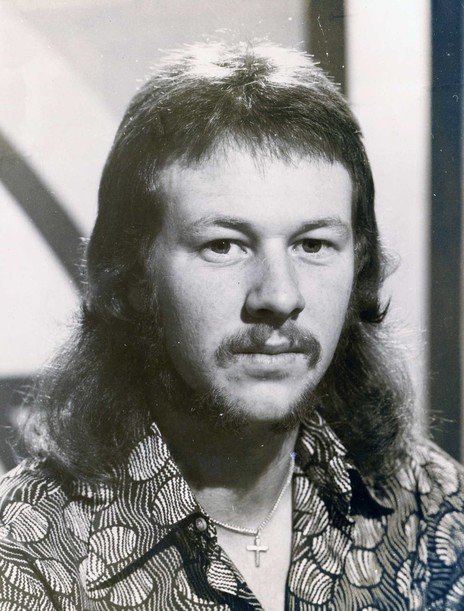
Steve Gilpin in 1974
Photo credit:
Photo by Robert Joiner, NZBC TV archives
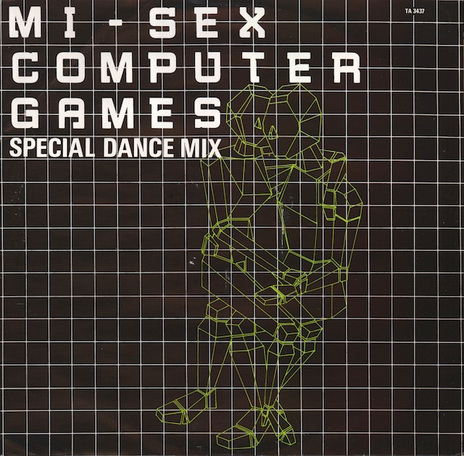
UK sleeve for Computer Games 12-inch, 1979
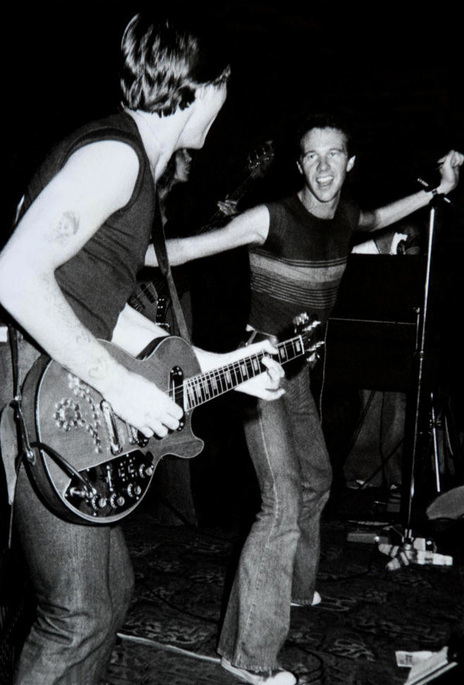
Kevin Stanton and Steve Gilpin. Fragments of time, Aranui Hotel Christchurch 1978
Photo credit:
Photo by Kevin Hill
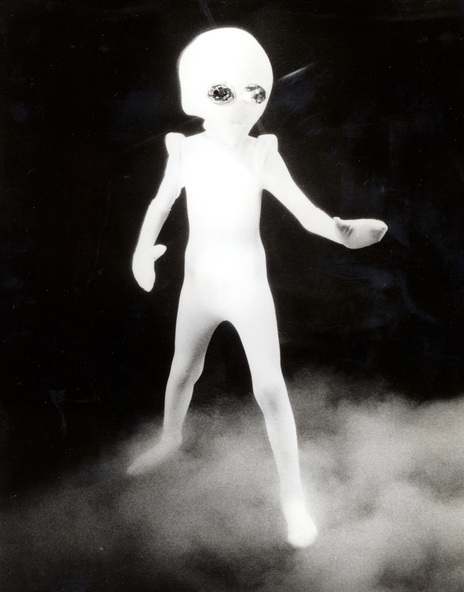
A Space Race alien
Photo credit:
Photo by Murray Cammick
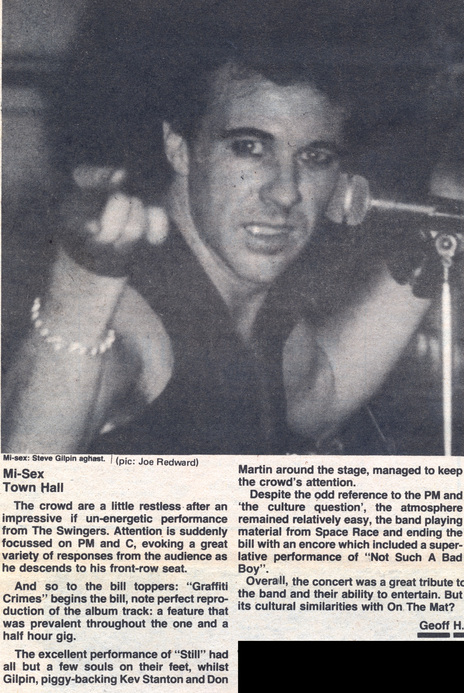
In Touch review of the infamous Muldoon concert
Photo credit:
Gary Steel Collection
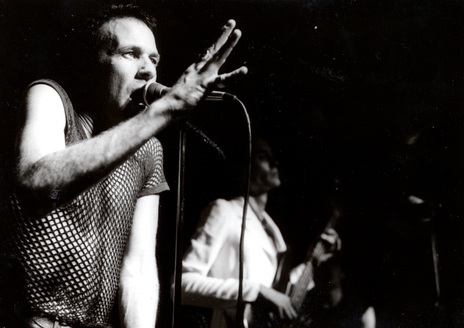
Steve Gilpin
Photo credit:
Photo by Murray Cammick
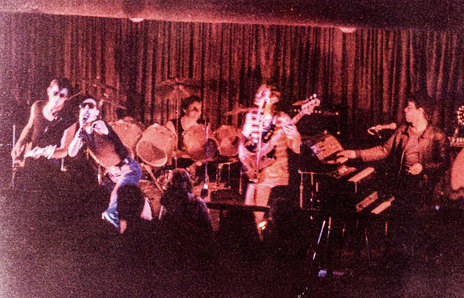
Mi-Sex at Lady Hamilton's. Hamilton mid-1978, shortly before they went to Australia
Photo credit:
Photo by Paul Moss
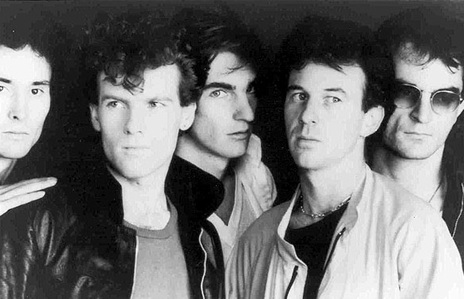
Computer Games
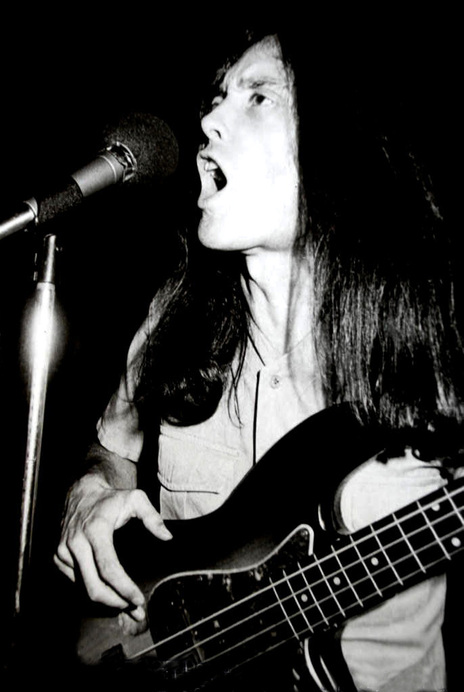
Don Martin. Fragments of Time, Aranui Hotel Christchurch 1974.
Photo credit:
Photo by Kevin Hill
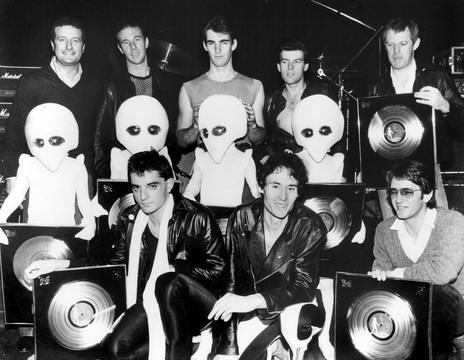
Mi-Sex receive a swag of gold discs for their 1980 album Space Race, with producer Peter Dawkins at bottom right
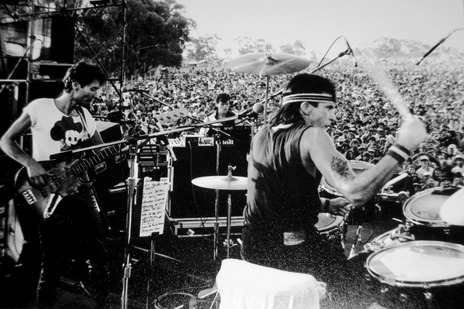
Mi-Sex, Narara Music Festival, NSW, January 1983
Photo credit:
Paul Dunningham collection
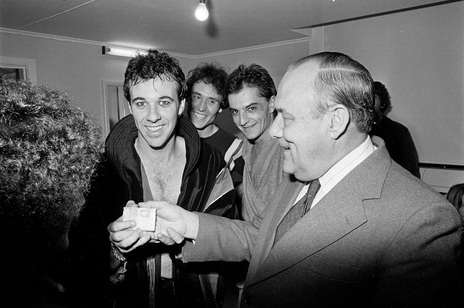
Mi-Sex backstage 17 June, 1980, with Robert Muldoon and his precautionary ear-plugs. From left: Steve Gilpin, Don Martin, Kevin Stanton, Muldoon. Photograph taken by an unidentified Evening Post staff photographer.
Photo credit:
Alexander Turnbull Library, Wellington, New Zealand. http://natlib.govt.nz/records/22857279
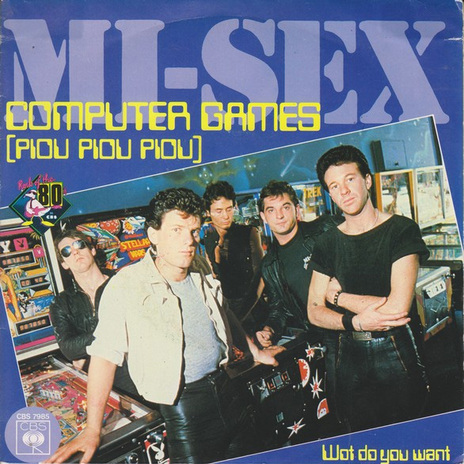
French single for Computer Games – note the 'piou, piou, piou' tag
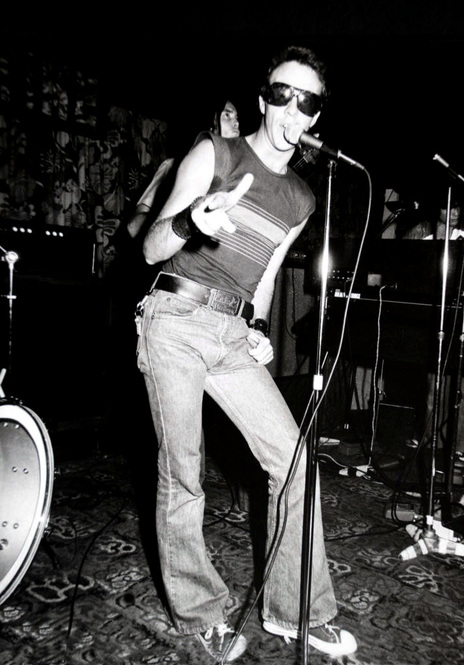
Steve Gilpin with Fragments of Time, Aranui Hotel, Christchurch,1978
Photo credit:
Photo by Kevin Hill
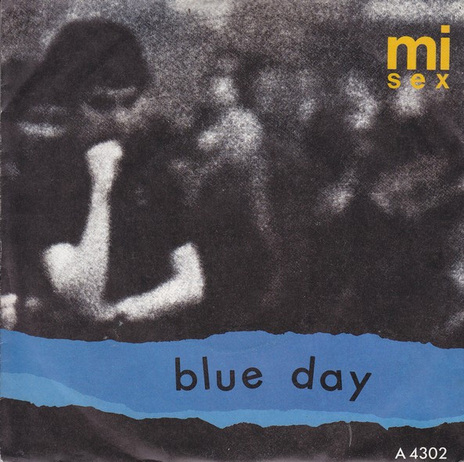
UK 12-inch sleeve for Blue Day, 1983
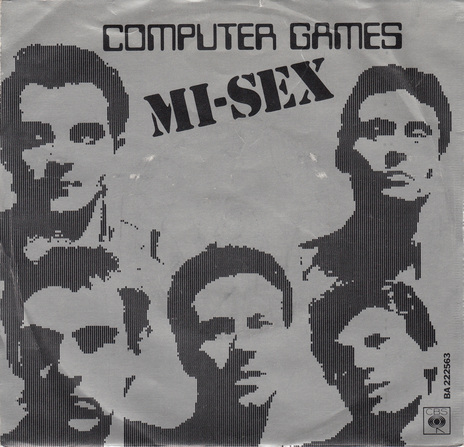
Australian sleeve
Photo credit:
Rone Kane Collection
People
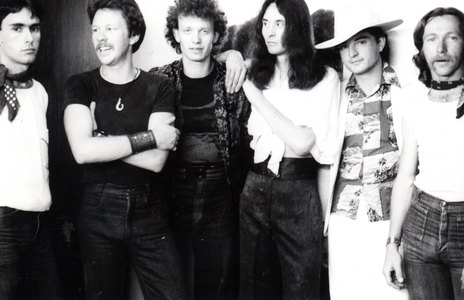
Fragments of Time, 1977
Photo credit:
Photo by Murray Cammick
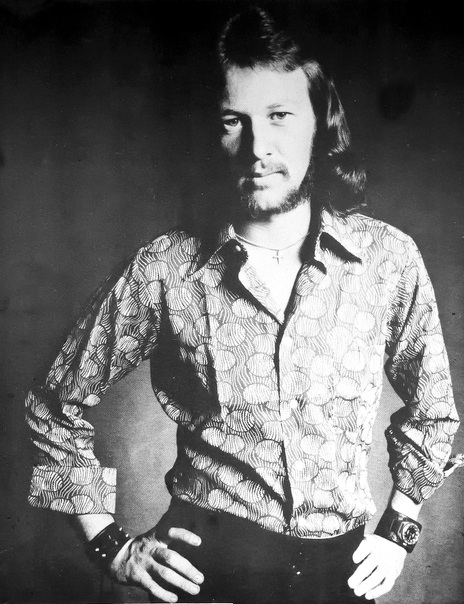
Steve Gilpin in 1974
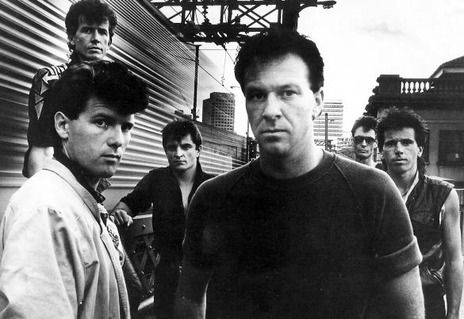
Mi-Sex 1983. L to R: Murray Burns (front), Colin Bayley (rear), Kevin Stanton, Steve Gilpin, Don Martin and Paul Dunningham
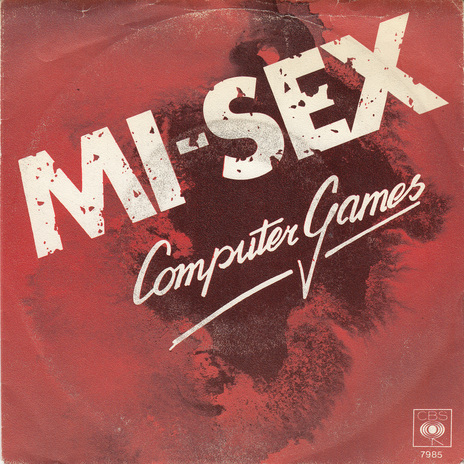
UK 7" sleeve
Photo credit:
Rone Kane Collection
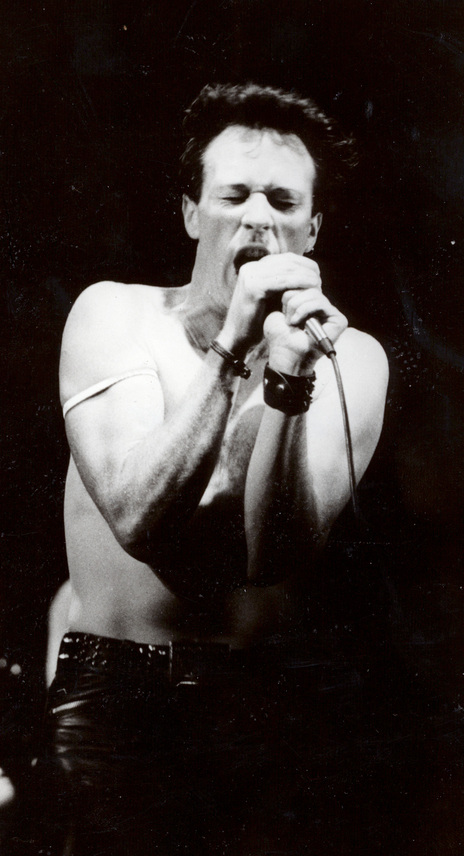
Steve Gilpin
Photo credit:
Photo by Murray Cammick
Labels:
CBS
EMI
Members:
Steve Gilpin - vocals
Kevin Stanton - guitar, vocals
Don Martin - bass, vocals
Murray Burns - keyboards
Phil "Smarty" Smart - drums
Steve Osborne - drums
Richard Hodgkinson - drums
Paul Dunningham - drums
Colin Bayley - guitar
